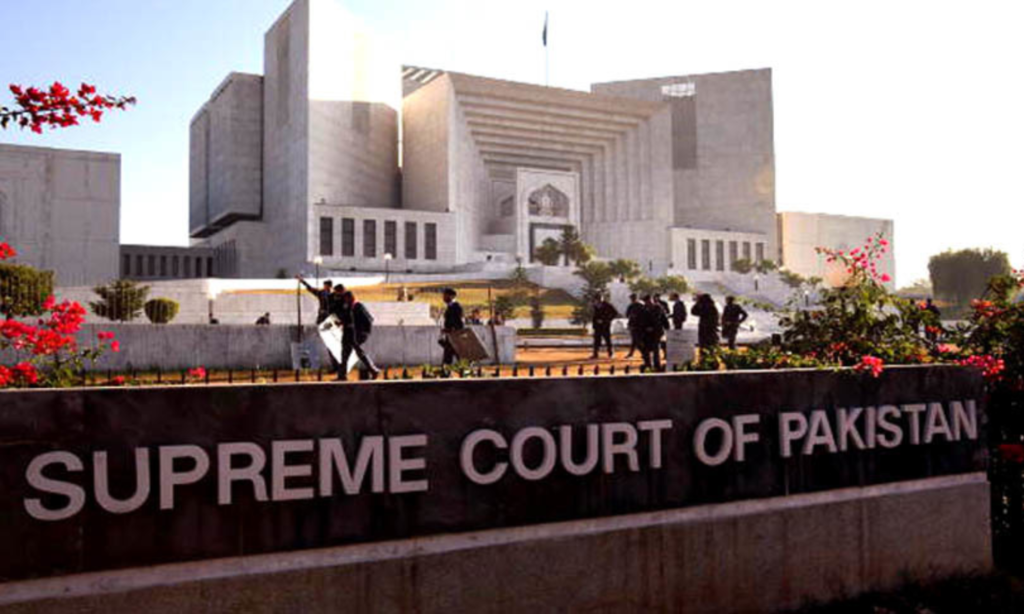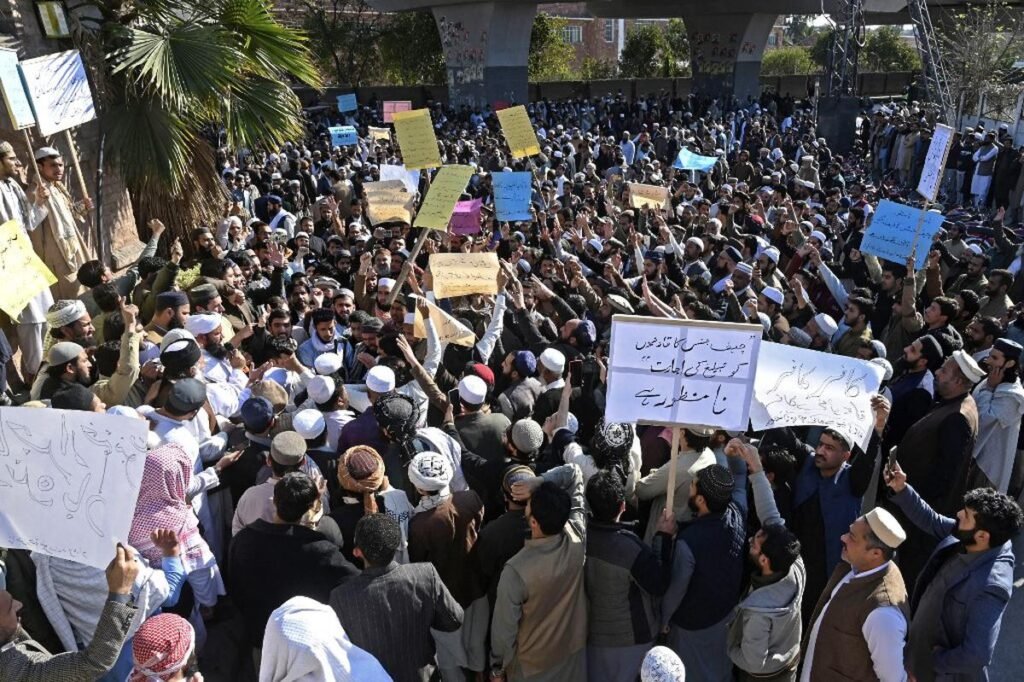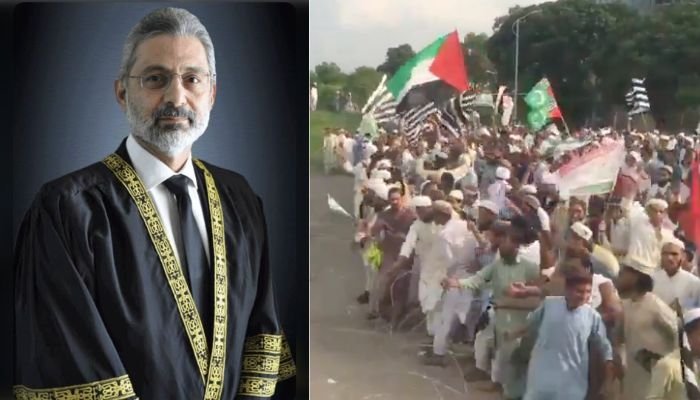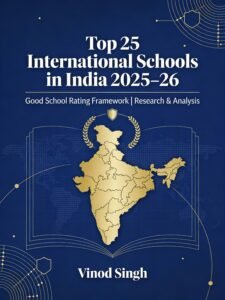Pakistan Supreme Court Faces Uphill Battle in Protecting Ahmadiyya Rights Amid Extremist Backlash
Challenges Faced by the Pakistan Supreme Court in Addressing the Rights of the Ahmadiyya Community
Historical Context of the Ahmadiyya Issue in Pakistan

The Ahmadiyya community, founded in the late 19th century by Mirza Ghulam Ahmad in Qadian, India, has faced significant persecution since the partition of India and the creation of Pakistan in 1947. The community, which considers itself Muslim, has been declared non-Muslim by the Pakistani state. This began with the Second Amendment to the Constitution in 1974, which explicitly declared Ahmadis as non-Muslims. This was further entrenched by Ordinance XX in 1984, which criminalized Ahmadi practices and self-identification as Muslims.
Pakistan Supreme Court – Legal and Constitutional Challenges
The legal framework in Pakistan has systematically marginalized the Ahmadiyya community. The Second Amendment and Ordinance XX have created a legal environment where Ahmadis are prohibited from practising their faith openly. These laws have been used to justify arrests, detentions, and even extrajudicial killings. The Pakistan Supreme Court, bound by these constitutional amendments, often finds itself in a difficult position when addressing cases involving Ahmadis.
Pakistan Supreme Court Backlash from Hardliners and Religious Fanatics

When the Pakistan Supreme Court attempts to protect or uphold the rights of Ahmadis, it faces severe backlash from hardliners, religious fanatics, and jihadis. This is largely due to the influence of extremist ideologies and the powerful role of religious clerics in Pakistani society. Groups like Tehreek-e-Labbaik Pakistan (TLP) and Majlis Tahaffuz Khatam-e-Nabuwat (SAW) have been particularly vocal and violent in their opposition to any perceived concessions to the Ahmadiyya community. These groups often mobilize large protests and exert significant pressure on the judiciary and the government.
Socio-Political Dynamics
The socio-political landscape in Pakistan is heavily influenced by religious nationalism. The state’s policy of marginalization has led to the disintegration of the national identity of the Ahmadiyya community. The intertwining of religion and politics has created an environment where religious minorities, particularly Ahmadis, are viewed with suspicion and hostility. This has been exacerbated by the rhetoric of religious clerics who wield considerable influence over public opinion and political discourse.
Recent Pakistan Supreme Court Decisions and Controversies
One of the most notable recent cases is the Mubarak Sani case, where the Pakistan Supreme Court granted bail to an Ahmadi who had been imprisoned for distributing a Quranic commentary. This decision sparked widespread protests and clashes between religious hardliners and the police. The ruling was seen by some as a step towards religious liberty, but it also highlighted the deep-seated tensions between the judiciary and extremist groups.
Broader Implications for Pakistan Supreme Court, Pakistan’s Legal System and Minority Rights
The challenges faced by the Pakistan Supreme Court in addressing the rights of the Ahmadiyya community have broader implications for Pakistan’s legal system and the protection of minority rights. The judiciary’s struggle to uphold the rule of law in the face of extremist pressure undermines the credibility and independence of the legal system. It also highlights the precarious position of religious minorities in Pakistan, who are often left vulnerable to discrimination and violence.
Potential Paths Forward
Balancing religious sensitivities with the protection of fundamental human rights is a complex challenge for Pakistan. One potential path forward is the repeal or amendment of discriminatory laws, such as the blasphemy laws and Ordinance XX, which target religious minorities. Additionally, there needs to be a concerted effort to promote religious tolerance and pluralism through education and public discourse. Strengthening the independence of the judiciary and ensuring that it can operate without fear of retribution from extremist groups is also crucial for the protection of minority rights and the rule of law in Pakistan.
In conclusion, the Pakistani judiciary faces significant challenges in addressing the rights of the Ahmadiyya community. These challenges are rooted in historical, legal, and socio-political dynamics that have marginalized Ahmadis and empowered extremist ideologies. Addressing these issues requires a multifaceted approach that includes legal reforms, education, and the promotion of religious tolerance.
More Articles
Supreme Court of India Demands Immediate Action to Prevent Sexual Violence
Rising Tensions: Bangladeshi Hindus Face Protection Demands Amid Escalating Political Turmoil
Doctors Strike Nationwide Over Kolkata Rape-Murder Case: A Unified Call for Justice
Technical Glitches Mar Trump Musk Interview, Sparking Meme Frenzy and Online Debate
Sena Leader’s Drunk Son Allegedly Driving BMW in Fatal Mumbai Accident: Sources
Rahul Gandhi: The Controversial Political Leader
Linguistic Diversity Shines: MPs Take Oath in Sanskrit, Hindi, and Other Languages
Om Birla Re-Elected as Lok Sabha Speaker: A Milestone of Bipartisan Unity
Asaduddin Owaisi’s Controversial Oath Sparks Debate on His Integrity in Parliament
Bhartruhari Mahtab Appointed as Pro-Tem Speaker for the 18th Lok Sabha: A Key Leadership Role
Hajj Deaths Toll Mounts as Hajj Pilgrims Suffer Amidst Extreme Heat and Poor Conditions
PM Modi Celebrates International Yoga Day in Srinagar
Reliance Power Emerges Debt-Free: Anil Ambani’s Remarkable Turnaround – News 24 Media
Discover more from
Subscribe to get the latest posts sent to your email.











4 COMMENTS